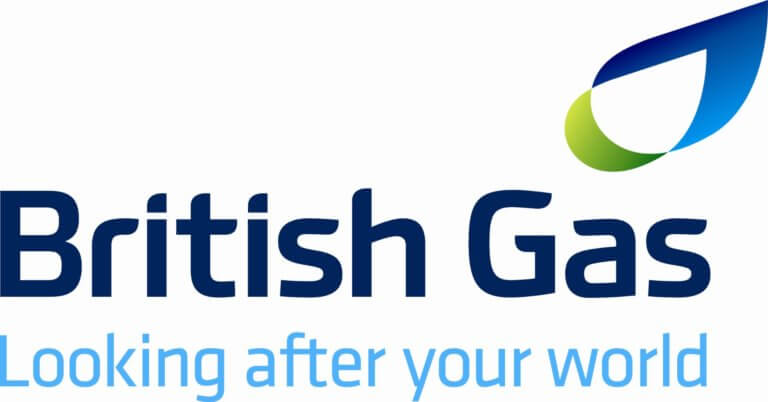With global issues such as Brexit and Trump’s excessive spending affecting global economies, international workers are facing many personal financial crises, as Staff Writer Hannah Stevenson discusses.
As loans and contracts for cars, phones and electrical items become increasingly popular and obtainable global individuals face personal finance issues as they battle spiralling costs with mounting debts.
This is highlighted by recent survey of 2,000 UK adults by KnowYourMoney.co.uk, which revealed that 62% of UK adults are in some form of debt, with credit cards (35%), mortgages (24%) and student loans (11%) the most common. The research also found that a quarter of Brits lose sleep when thinking about the amount of money they owe.
The comparison website commissioned an independent, nationally-representative survey among more than 2,000 UK adults. It found that 62% of people across the country have some form of debt, with credit cards (35%), mortgages (24%) and student loans (11%) the most common.
Nearly three in ten (29%) people with debt said they do not feel in control of it and have no plan of how they will pay it off. A third (33%) also said they buy items on their credit card without first thinking about how they will pay it off later.
Two thirds (67%) of those in debt have no money in savings to pay off debt if required, with men (73%) more likely than women (62%) to lack a financial safety net.
Without clear plans or savings, people’s debts are evidently a cause for anguish – 24% of people in debt said they lose sleep because of it, while 41% do not feel comfortable speaking to friends or family about the subject. To make matters worse, almost half of UK adults (48%) are worried about the impact of Brexit on their personal finances.
Elsewhere, the study uncovered that 44% of UK adults do not know what their debt-to-income ratio is, with 39% admitting to not understanding the term.
An important means of understanding an individual’s financial health, a person’s debt-to-income ratio (DTI) is their monthly debt payments divided by their gross monthly income. Lenders commonly use the calculation to assess someone’s viability for credit.
John Ellmore, Director of KnowYourMoney.co.uk, commented: “Despite the negative connotations that sometimes surround it, debt should not be frowned upon. If handled responsibly, debt is a valuable financial instrument that can help enable life’s purchases.
“However, KnowYourMoney.co.uk’s research demonstrates that there are millions of people across the UK who are taking on debt without a plan of how to repay it, which is unadvisable. It’s vital consumers understand what their debt-to-income ratio is and manage their finances accordingly – this will help them sleep easier at night and avoid serious financial repercussions further down the line.”
Another piece of research from MetLife UK found that employers need to understand more about the impact of personal financial worries on workplace mental health, but are struggling to agree best practice standards to address the issue.
More than six out of 10 (61%) senior HR executives have seen a rise in financial wellbeing issues affecting employee mental health and work performance, the nationwide study from MetLife UK shows.
Senior managers agree that addressing financial wellbeing will have business benefits – nearly two out of three (64%) say that tackling financial stress will help boost productivity and engagement in their organisation and 58% say there is growing momentum to provide support.
However, businesses are concerned they do not understand enough about financial wellbeing – 67% say they need to know more about the link between financial wellbeing and mental health issues, while 66% say there needs to be more clarity on best practice on tackling financial wellbeing at work.
MetLife UK defines financial wellbeing by a combination of key factors: being in control of your finances; having the capacity to withstand financial shocks; having confidence in the future; and having choices on how to spend and save.
Employee benefits such as Group Life and Group Income Protection support financial wellbeing by helping families and supporting staff who are unable to work due to illness. In addition, they offer support to family members via an Employee Assistance Plan, if their loved ones are struggling. Wider financial wellbeing programmes also increase general financial literacy and improve financial behaviour.
Adrian Matthews, Employee Benefits Director, MetLife UK said: “Financial wellbeing in the workplace is a growing issue for businesses, with organisations reporting a rise in concerns about the impact on mental health and company performance.
“Companies appreciate they need to understand more about the issue, so they can provide support for employees, but at the same time there is concern that there are no agreed best practice standards on how to implement financial wellbeing programmes.
“There is no magic solution to improving financial wellbeing in the workplace, but a well-designed employee benefits programme is a good place to start. The potential business benefits in terms of more productive employees are clear.”
In the study MetLife’s research found 61% of HR managers believe financial wellbeing advice should be a part of Employee Assistance Programmes, aimed at helping address mental health issues.
With this challenge looming on the horizon and becoming increasingly worrying, individuals and companies alike need to work hard to keep themselves informed on the latest developments in the financial markets so they can explore options such as debt consolidation and spending monitoring. Wealth & Finance International offers up-to-the-minute insight and news, so Subscribe today.
























